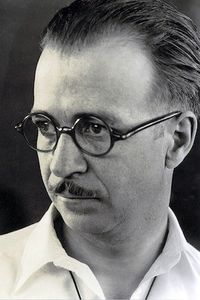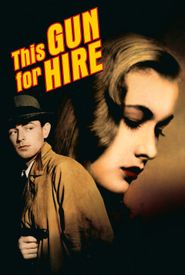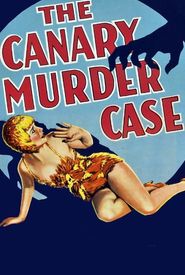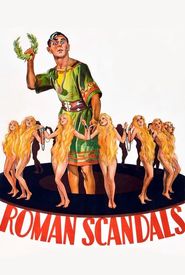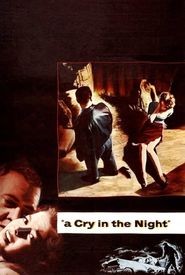Frank Tuttle, a writer and director, had a Hollywood career spanning from the silent movie era to the dawn of the 1960s. Born on August 6, 1892, in New York City, Tuttle's first credit in the film industry was as a screenwriter for the Monte Blue picture The Kentuckians in 1921 for Famous Players-Lasky (Paramount).
He made his directorial debut the following year with the melodrama The Cradle Buster, starring Osgood Perkins. Tuttle worked as a contract director at Paramount, directing 73 more movies before retiring from directing in 1959 with the film Island of Lost Women.
Throughout his career, Tuttle worked in various genres, including slapstick, and collaborated with numerous notable actors and actresses, such as Clara Bow, Evelyn Brent, Louise Brooks, Thomas Meighan, Gloria Swanson, Jean Arthur, Mary Astor, William Bendix, Joan Blondell, Eddie Cantor, Bing Crosby, William Demarest, Cary Grant, Veronica Lake, Fredric March, Adolphe Menjou, William Powell, Robert Preston, Edward G. Robinson, Charles Ruggles, Simone Signoret, and Phil Silvers.
However, Tuttle's career was also marked by controversy. During the Hollywood Red Scare, he became notorious for his associations with the American Communist Party, which were revealed in testimony before the House Un-American Activities Committee (HUAC). Tuttle had been a member of the Communist Party and had hosted Party gatherings in his New York City home, which was also the site of a meeting attended by V.J. Jerome, a cultural commissar for the Communist Party USA.
In 1951, Jerome was indicted for subversion under the Smith Act and was imprisoned for three years. Lionel Stander, who was blacklisted, was also present at the Jerome meeting at Tuttle's home. Tuttle returned to the US in 1951 to cooperate with HUAC, admitting to being a Party member from 1937 to 1947, when he quit due to the Party's increasing violence.
Tuttle went through the ritual of "naming names," revealing the identity of Jules Dassin, a director who was subsequently blacklisted and forced into exile in Europe. By publicly showing contrition, Tuttle managed to avoid the blacklist and continued directing in Hollywood until his retirement in 1959.
Frank Tuttle died on January 6, 1963, in Los Angeles, California, at the age of 70.
